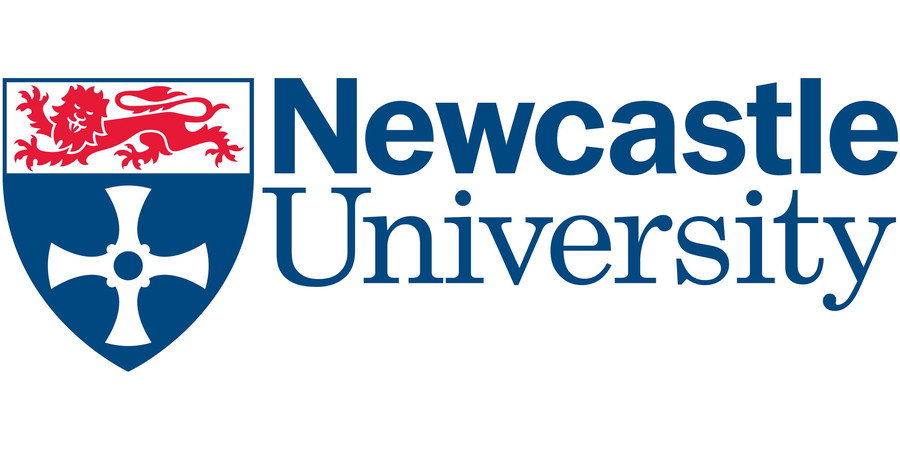PhD Studentship - Discovery of Novel Biomarkers in Rare Neuromuscular Disease Using Stem Cell Models
Newcastle University
| Qualification Type: | PhD |
|---|---|
| Location: | Newcastle upon Tyne |
| Funding for: | UK Students, EU Students, International Students |
| Funding amount: | £20,780 |
| Hours: | Full Time |
| Placed On: | 9th April 2025 |
|---|---|
| Closes: | 26th April 2025 |
Award summary: 100% of home tuition fees and an annual stipend of £20,780 (25/26)
Overview
Rare neuromuscular disorders (NMD) are a group of rare diseases in which there is dysfunction of the peripheral nerves, muscles or the junction between them (the neuromuscular junction). Individual neuromuscular diseases are rare, however this group of conditions affects over 150,000 people in the UK. Whilst many of the genes responsible for neuromuscular disorders have been discovered, this has not been translated into effective treatments through clinical trials. Biomarkers in rare NMD will be of critical importance to the acceleration of rare neuromuscular disease trials and it is essential that we develop and validate objective, clinically meaningful measures to help inform endpoint choice within clinical trials to evaluate treatment efficacy.
Clinical trials and the development of drugs can be challenging due to the low number of people affected by individual rare diseases. This project will (i) investigate the potential of stem-cell derived neuromuscular constructs to identify and measure in vitro biomarkers of rare NMD (ii) use omics technologies to help characterise rare NMD at a molecular level to help identify better diagnostic and prognostic biomarkers for clinical trials as well as underlying pathways that may prove to be potential drug targets (iii) utilise the cohorts of patients recruited into the rare NMD patient registry established in the LifeArc Centre for Acceleration of Rare Disease Trial to determine if biomarkers identified from cell models correspond to biosamples from patients with rare neuromuscular diseases.
The PhD student will gain research skills in:
- iPSC differentiation into motor neuron, muscle and neuromuscular junctions
- Multi-omic profiling to identify disease-specific molecular changes
- Biomarker discovery and validation
Number of awards: 1
Start date: 15th September 2025
Award duration: 3 years
Sponsor
Newcastle University
Supervisors
Dr Helen Devine
Dr David Jones Staff Profile | Faculty of Medical Sciences | Newcastle University
Eligibility Criteria
· You must have, or expect to achieve, at least a 2:1 honours degree or international equivalent, in a subject relating to biomedical sciences, biochemistry, cell biology, neuroscience
· MRes is advantageous.
· Experience of cell culture especially induced pluripotent stem cell culture (essential)
· Applicants whose first language is not English require an IELTS score of 6.5 overall with a minimum of 5.5 in all sub-skills.
· Successful international candidates will be required to fund the difference between the home and international fees.
How To Apply
You must apply through the University’s Application Portal: https://applyto.newcastle.ac.uk/
In ‘Course choice’ tab, put ‘Postgraduate Research’ in 'Type of Study', ‘Full Time’ in ‘Mode of Study’, ‘2025’ in ‘Year of Entry’, code ‘8440F’ in ‘Course Title’, blank in ‘Research Area’. Press ‘Search’, select ‘PhD Translational and Clinical Research (FT)’, and save selection.
Either upload a document or write into ‘Personal Statement’. Put code ‘TC117’ in ‘Studentship/Partnership Reference’.
When prompted for research proposal, select ‘Write Proposal’. Type in the title of the research project from this advert. A research proposal is not required.
You can also upload a covering letter/CV, stating how your interests and experience relate to the project.
Degree transcripts/certificates and, if English is not your first language, a copy of your English language qualification if completed must be uploaded.
Contact Details
Dr Helen E Devine helen.devine@newcastle.ac.uk
Advert information
Type / Role:
Subject Area(s):
Location(s):









